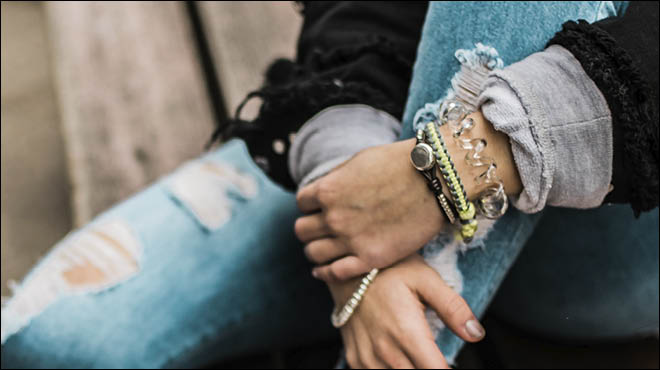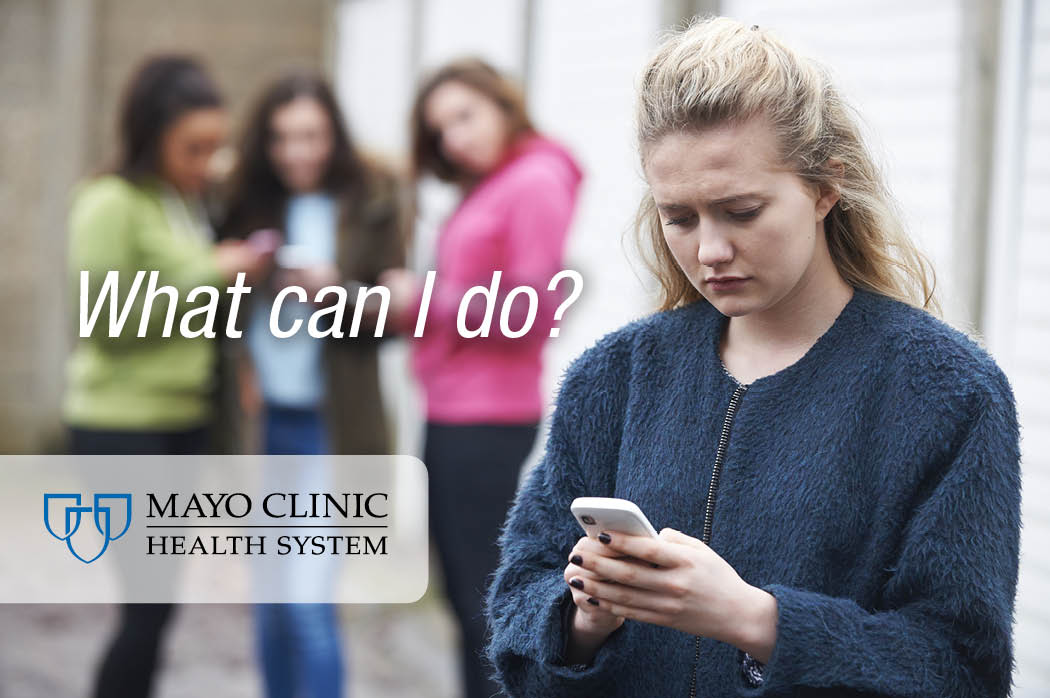Recent Posts
What to know, do if your teen experiences dating violence

Dating is a young person's first foray into the world of intimate relationships. But every year, millions of teens in the U.S. experience dating violence, which can lead to lifelong effects on health and well-being.
Intimate partner violence in teens, which can include physical, emotional and sexual abuse, is a common adolescent health problem. According to a 2019 survey by the Centers for Disease Control and Prevention, 1 in 12 high school students experienced physical dating violence, and 1 in 12 experienced sexual dating violence. Sexual, racial and ethnic minority groups are disproportionately affected by many types of violence.
Effect on your teen's health
Teen dating violence is associated with unintended teen pregnancy, sexually transmitted infections, injuries, substance use, poor mental health and thoughts of suicide. It also sets the stage for future relationship problems and the potential for being a victim or perpetrator of intimate partner violence.
Identifying teen dating violence
Whether in person or electronically, teen dating violence can include:
- Intimidation
- Stalking
- Emotional and verbal abuse
- Bullying
- Physical injury
- Forced sexual contact
- Reproductive coercion, which is pressuring a partner to become pregnant or manipulating birth control attempts
- Isolation
- Controlling partner behaviors, such as demanding constant access to a partner; frequently checking the partner's text messages, social media sites and cellphone; as well as texting or posting sexual pictures of a partner online.
Is your teen's relationship healthy or unhealthy?
According to youth.gov, signs of a healthy relationship include:
- Mutual respect
- Trust
- Honesty
- Individuality and identity
- Compromise
- Good communication
- Problem-solving
- Anger control
- Understanding
- Self-confidence
Signs that a relationship is unhealthy include:
- Hostility, anger, jealousy, loss of control of emotions
- Controlling or pressure in decision-making, being possessive or isolating
- Jealousy
- Dishonesty and mistrust
- Disrespect, putting a partner down or "making fun of"
- Poor boundaries
- Dependence or co-dependence
- Intimidation
- Physical violence
- Sexual violence or pressuring sexual activity
What parents can do
Parents play an important role in promoting healthy relationships from an early age, supporting teens as they navigate their early relationships, and recognizing teen dating violence among children and their peers.
Here are some things to consider:
- Take part in community activities.
Teenagers who are involved in community groups, sports and other activities are less likely to take part in violence. - Promote healthy use of the internet and social media applications.
This includes balancing internet and phone use with activities that don't involve the internet and phone, as well as boundaries and communication with parents. Learn more about healthy internet use. - Talk to your teens about healthy relationships.
For information on dating and sex, check out healthychildren.org. - Role-model healthy relationships.
Show your children what it means to be in a healthy relationship. This includes demonstrating loving and peaceful conflict resolution with friends and partners. - Recognize signs of an unhealthy relationship.
If your teen shows signs that he or she may be in an abusive or violent relationship, talk to him or her about it and get help. Your health care team can connect you and your teen with resources for developing more positive relationships and getting out of relationships that are potentially dangerous. - Empower your teen to intervene.
Encourage all teenagers to be "positive upstanders" when they see peers who are displaying disrespectful, harmful or violent behaviors. Becoming an upstander is about moving from silence to action. Let your teen know it's OK to speak out or take actions to stop bullying behaviors. - Help your teen resist sexual pressure.
"Helping Teens Resist Sexual Pressure," an article from the American Academy of Pediatrics, outlines strategies for parents and teens. - Consider counseling or psychotherapy. The American Academy of Child and Adolescent Psychiatry has resources for managing mental health symptoms, trauma and abuse.
What teens can do
These strategies can help teens avoid an abusive relationship:
- Respect your partner and yourself.
- Set healthy boundaries in your relationship.
- Have a life, friends and family outside of your relationship.
- Resolve disagreements with your significant other with love and respect.
- Recognize healthy and unhealthy relationships.
- Stand up when you see signs of abuse.
- Know your supports in your family and community.
- Seek counseling or therapy services if you feel you need help.
Sometimes seeking help can be difficult when you or a friend is in a violent or abusive relationship. If you or your friend are involved in an abusive or violent relationship, ask an adult for help. Your parents, health care professional and teachers are good places to start.
Other resources for parents and teens
- Preventing teen dating violence
- Signs of teen dating violence
- American Academy of Child and Adolescent Psychiatry
Patrick Bigaouette, M.D., is a psychiatrist in Psychiatry & Psychology in Mankato, Minnesota.





